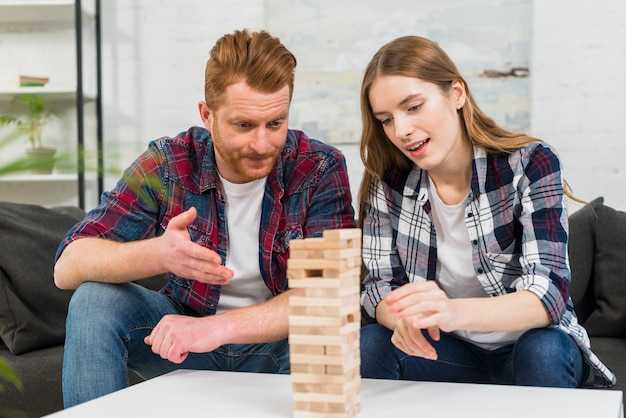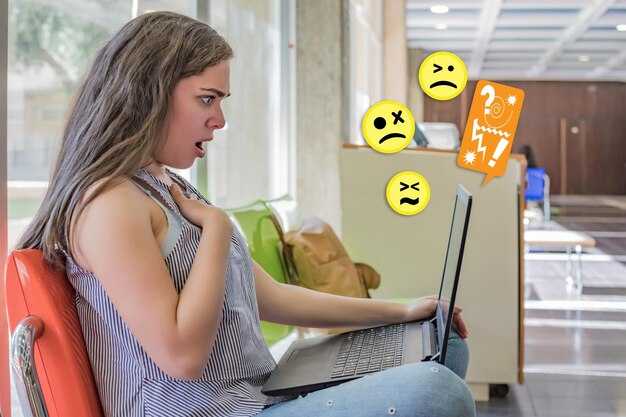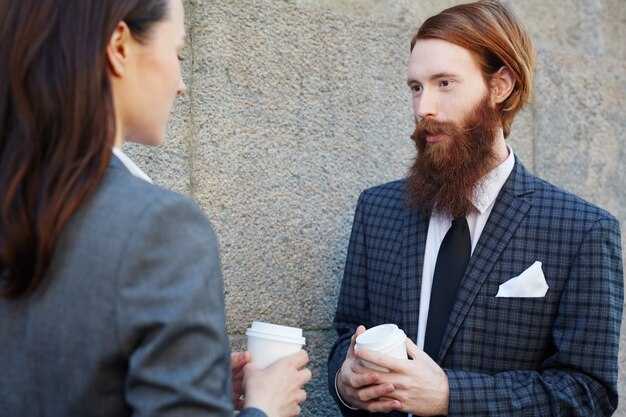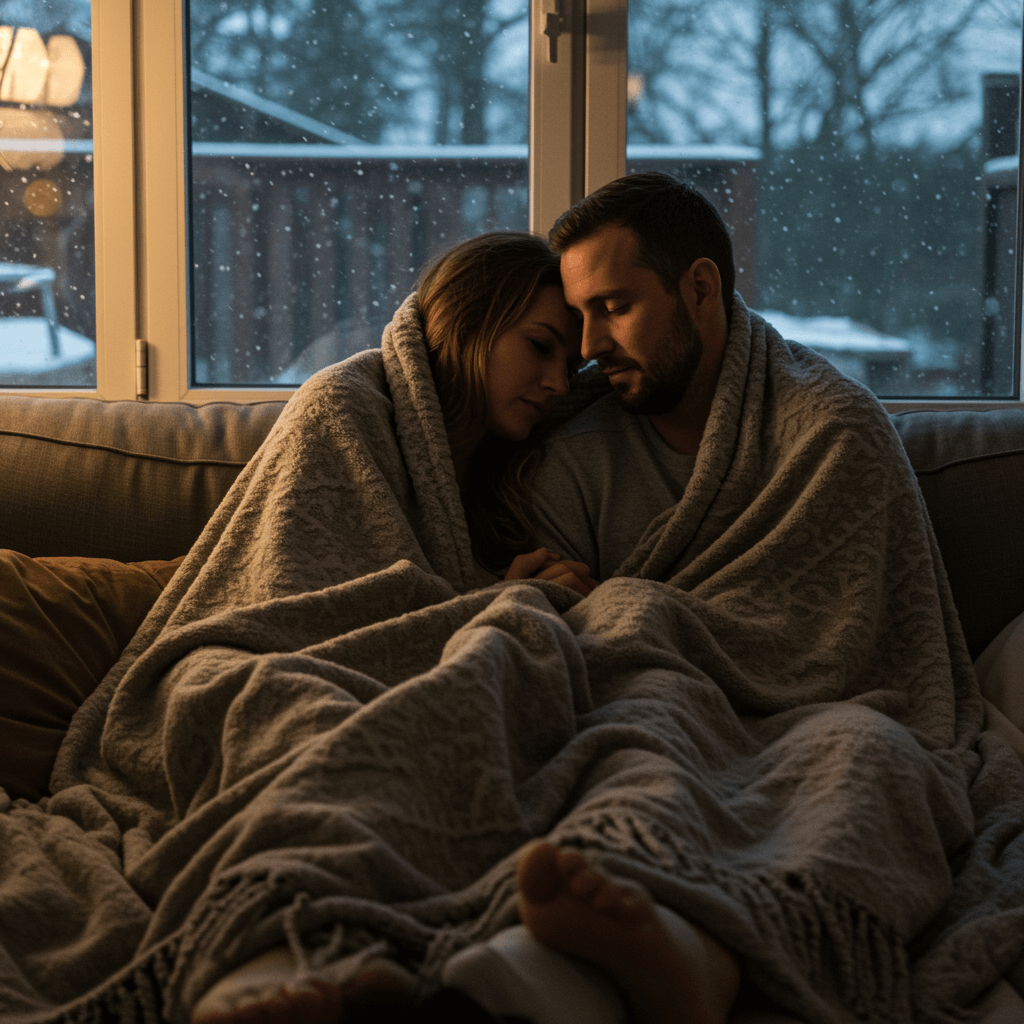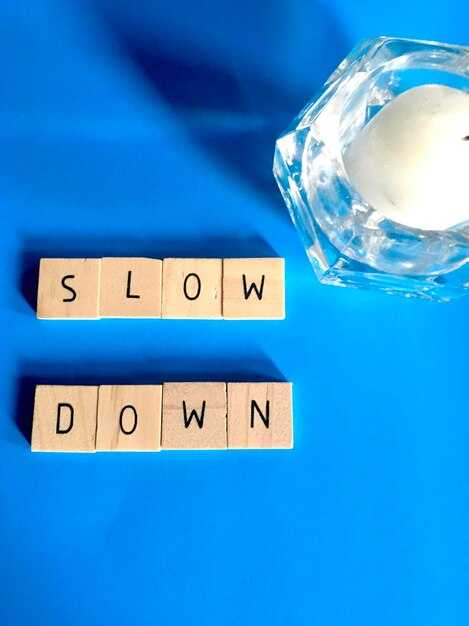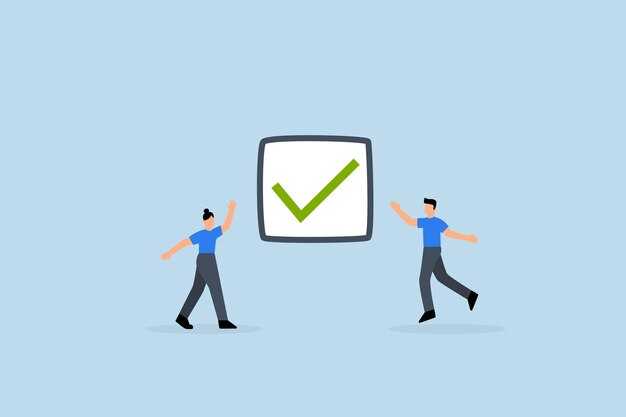Sometimes people fling the word “privilege” like an accusation — a put-down that lets the accuser feel morally superior and even use shame to discredit the other person. A recent YouTube comment aimed that at me after a video where I described being desperate for help in my twenties, trying therapy, feeling judged and hopeless, and nearly giving up. The commenter wrote, “The fact that you could go to therapy in your 20s says everything about the privilege you have.” My first instinct was to defend myself by listing all the hardships I endured so someone would see that I deserved sympathy. But arguing back to prove how much I suffered wouldn’t make that commenter understand, and it would only be another way I was shrinking myself. Have you ever felt that urge to tout how much worse things were for you so someone will approve — like suffering is a badge that earns you validation? This is the fourth installment in the series I’m creating about how I stopped playing small and how you can stop too. If this resonates, hit subscribe and the notification bell so you get every new episode as it comes out. People are responding warmly to this series and I’m really enjoying making it. Let me be blunt: if you grew up neglected or abused and have wrestled with relationships, addiction, depression, or money problems, avoiding others or comparing yourself to them — whether to put them down or yourself — is the last thing that will help. I recently broke down crying when I watched a reel from Dr. Nicole LaPera, the Holistic Psychologist, about what she calls the ultimate privilege — having a support network. A family that loves you, stands by you, gives financial help, offers a place to stay, and teaches you how to manage life — that kind of steady support is something many of us never had. I certainly didn’t. Let me tell you about being 21. In response to that commenter — yes, I did go to therapy in my twenties — I was juggling college while working as a home health aide and at Straw Hat Pizza, scraping by on a tiny employee health plan and nearly no money. I lived with a boyfriend at first, but that relationship fell apart when I discovered he’d been having an affair with our roommate for months. For a long while I had that gnawing sense that something was wrong, and I clung to the relationship because I couldn’t afford my own place. Eventually it became unbearable and I had to couch‑surf for months, staying briefly with people I barely knew and wearing out my welcome. I was depressed, anxious, my stomach constantly tied in knots, and I got down to an unhealthy 114 pounds at 5’6″. Working as a home health aide for elderly clients was hard and, at times, emotionally draining — one of the women was often mean — but there were practical perks: meals during shifts, long stretches where I could do schoolwork, the occasional overnight, and access to their car to run errands. I scraped together a small student loan — about $800 — which finally let me rent a tiny apartment, but I had never felt so sad and so alone, and keeping up with classes was a struggle. Thankfully, the school counselor was free, and I saw her a few times. We talked about my mother’s drinking — this was when awareness about adult children of alcoholics was starting to grow, and she suggested a book by Claudia Black, This Will Never Happen to Me, which blew my mind. I had known my mom drank, and that I was struggling, but I hadn’t connected the dots before. Talking to the counselor, I shared how we’d been neglected — hungry sometimes, lacking health care — and how as a child I’d been abused by a family member without ever telling anyone. In my teens I’d mixed with people using drugs and nearly lost control, and although I eventually stopped, the shame stuck with me and made me feel stigmatized. I had a pattern of playing small in relationships, tolerating mistreatment. The counselor was taken aback that, while I showed classic depression symptoms, I wasn’t angry at my family; she was appalled that my mom and stepdad hadn’t noticed my drug use or the abuse and had failed to protect or support me. My biological father had died of ALS when I was 15, and by then my parents were so consumed by my mother’s alcoholism that they were not attuned to the kids’ needs. My stepfather later told me that the take-home pay was about $1,100 a month and that roughly $700 of that went to my mother’s alcohol and cigarettes, so money was often borrowed from grandparents and we lived in real scarcity — not enough food, no hot water at times, not enough clothes. I had to learn to babysit and earn my own money and eventually launched small ventures to survive. Because of that, I carried a lot of shame about lacking basic things. The counselor believed I’d never allowed myself to tell my parents or ask for help and thought that confronting them was necessary for healing — that if I expressed my anger and pain, they’d be remorseful, we’d reconnect, and perhaps even go to family therapy. But I couldn’t picture that outcome given the reality of our family. Still, I followed her advice: I went home, poured out everything I was feeling, and demanded answers. I cried, I was furious that they hadn’t helped me, and perhaps I came across as too intense — a trauma reaction. Instead of compassion, they reacted with anger and threw me out. I stayed with a friend for a couple of nights while they refused to let me back in, and when I called they didn’t want to talk about it. Eventually I was allowed to return, but I was treated as if I were the problem, and we never actually addressed what had happened. For a long time I minimized the harm, convincing myself maybe I deserved it somehow, but recently I learned that another young family member had been expelled in the same way years ago — they were even underage when it happened. Finding out about what that person endured for the first time made me feel the full weight of it: my heart broke for them and for the younger, wounded version of myself. Even though I had long known things were bad, this revelation hit me harder than I expected and plunged me into a kind of functional freeze. If you’ve had a rough childhood, you know healing tends to come in waves: moments of recognition — “Oh my God, this happened” — followed by grief and then phases of resolution and calm, sometimes ebbing and flowing but generally moving forward if you have healthy ways to process. Crucially, healing became possible for me because I now have people who listen, who support me when I’m struggling, who cut me some slack when I’m off my game. After I discovered what had happened in our family, some relatives and I began reconnecting after my stepdad died; we started talking and rebuilding friendships, and learning their stories confirmed my memories and made me feel understood. My friends, my husband, and the Crappy Childhood Fairy membership all offered kindness and practical support when I was scattered, exhausted, pale, and foggy-headed — you can see it in videos from that winter. When dark, hopeless thoughts crashed over me, people said things like, “We love you, Anna,” and they didn’t minimize how bad things felt. I know many of you don’t have that kind of circle right now — I didn’t for much of my life — and I’m here to say it’s worth doing whatever you can to build it. It’s a gradual process, but having others to hold space for you when painful memories arrive is life-changing. They help keep you anchored when you’re at risk of being swept back into the past or into an overwhelming emotional flashback that’s hard to even name. When survivors of trauma gather and work to heal together, we don’t have to fix or explain ourselves — we just get each other and stay close. Sometimes a few words are enough for someone else to say, “I know that,” because they’ve been there too. In my membership we practice the daily techniques I teach; we keep processing feelings and thoughts so the residue of old memories is rinsed away, like taking a shower to clear the grime of anxious memories and future worries. That helps create enough distance to realize, slowly, that things aren’t hopeless, that there’s a path forward, and that you can walk through to the other side. This kind of support, as Nicole LaPera observed, really is the ultimate privilege. Most of us lacked it during the crucial years of growing up, and many still don’t have it now, but building or finding a support system is one of the most valuable investments you can make. I know finding your people is hard — trauma wounds can make social situations feel triggering and fragile, so that a small setback can cause everything to collapse. That’s why friends and shared healing tools act like a safety net: they catch you when you stumble. It’s too difficult to sort everything out alone when your mind feels warped by pain and can’t imagine a light at the end of the tunnel. Together we can keep each other’s dark times lit and find our way. My first real experience of this kind of fellowship came from 12-step groups for families of alcoholics, where I found permission to tell the truth about what was happening and a shared approach to recovery that transformed my life. Later I learned that the core issue for me wasn’t only my mother’s drinking — although it affected me deeply — but complex PTSD, which I now understand as a neurological injury from childhood abuse and neglect that leaves me with regulation challenges. That realization meant I needed deliberate workarounds, a system, and daily practices to re-regulate when I become dysregulated. With that understanding and a reliable program, I created the Crappy Childhood Fairy community. If you want to join, you can become a member or start by attending our free calls, where we do the daily practice together and my team answers questions. The group is amazing. One common struggle we all face is resisting the urge to compare ourselves to people who didn’t grow up with trauma. Not to paint anyone as flawless, but many who had nurturing childhoods received encouragement, resources, and protection that make life less fraught: parents who supported education, who kept abusers away, who provided regular meals and a warm shower, and who helped regulate a child’s nervous system. When Nicole LaPera called having that network the ultimate privilege, I burst into tears because I’d underweighted how crucial it is. Don’t compare yourself to those who had that advantage — where you are now is already an achievement. Think about how often I measured myself against people who got genuine encouragement to pursue school and approval for being themselves. There are people whose parents simply shielded them from harm; they didn’t have attachment wounds turning every relationship into a crisis. Wherever you are is a kind of miracle, and you deserve to accept and embrace any privilege you can gather without apology. You build that by connecting gradually and doing the inner work so you can form a dependable support circle. If you want to plug into our community, subscribe to this channel and consider starting with my free daily practice course; once you sign up, we’ll tell you about the weekly Zoom calls, which are free and open to anyone who wants to do the techniques and ask questions. You now have a place to begin — access the free course here — and I’ll see you very soon.
